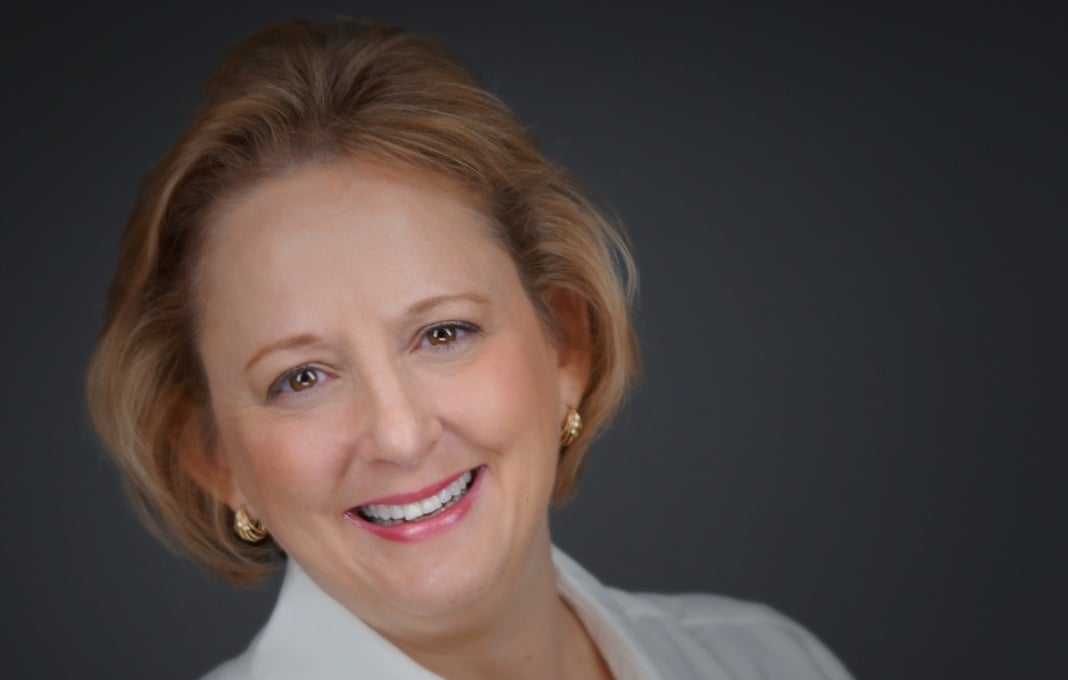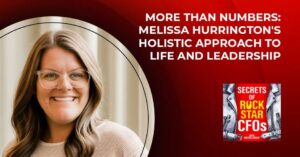Lucie Voves started her work life in the corporate world at Proctor & Gamble, but her passion for making picture frames led to another career journey altogether.
In 1991, Voves founded Church Hill Classics in Monroe, Connecticut. Now, more than three decades later, the company manufactures diploma, award and certificate frames for thousands of colleges, universities, professional associations, fraternities, sororities and the U.S. military.
Voves, CEO, shares the strategies to her long-lasting success, including how to pivot from failures by “active listening.”
You started Church Hill Classics as a side hustle to your brand management job at Procter & Gamble, working nights in your basement constructing frames. What drove you to be an entrepreneur?
I have always been driven to be my own boss—to be independent, self-sufficient and to focus on doing what I love. My greatest inspiration was growing up with a mom who was ahead of her time, establishing her own business at a time when few women did. She loved her work, and so I expected that I would too, and I saw the value of setting your own agenda so that you do not have to trade-off between professional goals and a family life.
I have always been an independent and self-directed person—I enjoy diving in and making things happen, so entrepreneurship was a natural path for me. Even as a kid, I earned my own money running lemonade stands, washing cars and pulling weeds.
Then in college, I started two businesses of my own so that I could make money on my own terms, hiring others to do what I did not want to do—or think I was good at, all of which was far more fun for me than working in the cafeteria or any other hourly job. My mom inspired me to be my best, and most importantly she believed in me and helped me build confidence that I could accomplish anything that I set my mind out to do.
Share the lessons you’ve learned during your 30-plus years running a company.
If you listen carefully, your customers will whisper to you the secrets of future success. The two most important lessons I have learned as an entrepreneur are the value of listening and the importance of adaptability in business.
In fact, I originally started this company to publish and sell framed artwork of the campus landmark at my alma mater, Dartmouth College. On the first street corner where I pedaled my frames, I heard stories about the milestone graduation experience, and customers said they loved my frames but asked me if I could frame their diploma to match. My core business, diploma frames, emerged from insight gathered from listening to my customers. We pivoted—and it was the best move we could possibly have made.
When times get tough, my instinct is often to dig in and focus on troubleshooting, but I have realized that it often backfires. When headwinds are strong, I have learned that the most important move is to step away from the day-to-day and connect with customers, partners and employees to hear what they say and how they say it. Often, the willingness to listen opens doors to new possibilities and provides direction and clarity about how to proceed.
I have focused on building a culture where active listening, idea sharing and empowerment is valued at all levels—and where looking beyond the ordinary and embracing change is celebrated. We have weathered major transitions in the licensed products industry, the economy, the impact of web and now AI technology, and more. In every case, the keys to overcoming obstacles emerged from active listening and creating an organization that is willing and able to adapt and pivot.
You’ve earned many accolades, including winning the Inc. 5000 Awards 12 times, one of only nine female founders to have earned this distinction. What are your strategies for success?
When I reflect on the special sauce that has helped my company grow consistently over several decades, I believe that a collective drive to create wow-worthy products and experiences for our customers is at the heart of it all. It’s a cultural focus on creating a “WOW” reaction when the customer opens the box and first sees the frame we created for them—but it goes further, because it is also about creating exceptional, memorable experiences for our customers and partners when they interact with us.
The wow mission is part of the common vocabulary that our employees share; it elevates everything we do, because it is about more than just taking orders or making frames. Wow moments drive word-of-mouth recommendations and favorable reviews. Wow also engenders pride across our workforce.
When I reflect on our company’s pinnacle moments, one of my favorite quotes, by Henry David Thoreau, immediately comes to mind: “You must not only aim right, but draw the bow with all your might.” This resonates because aiming right, in the form of clear strategy and focus, has been central to achieving our company’s biggest wins.
Aiming right involves aligning on what you will do and, equally importantly, aligning on what you will not do! Beyond the important act of aiming well and ensuring clarity on what—and where—the target is, “drawing the bow with all your might” is an analogy for going above and beyond to execute with excellence, thus maximizing your chances of hitting that bullseye. Our strategies for success are centered in wow moments, aiming for focused and measurable goals, communicating clearly, and executing with excellence.
What advice do you have for young would-be entrepreneurs?
Early on as a founder, it is so beneficial to be hands-on and in the trenches. This is key to building deep business knowledge, to inspire and build a team, and to stay humble and relatable. I keep that mindset with me every day, still.
One of the most difficult transitions I made as a leader, though, was shifting from being a singular driven leader—an early-stage entrepreneur—to becoming a team leader and then an enterprise leader. For the company to really grow, I realized I had to find people who are smarter, and better than I am in all key areas. Then, it is imperative to empower them, hold them accountable for their results, and help them take their performance to the next level.
Having the right key players in the right seats is everything. Today, the responsibility for strategic planning and company financial performance rests with our company’s leadership team. This group has the vision and ability to guide the company to new heights—way beyond where I could ever have taken it on my own.






